631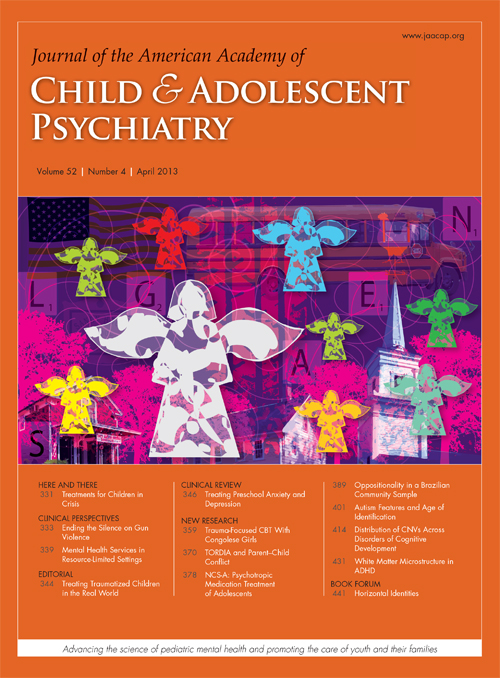
Mar 12, 2017
Nielsen PR, Benros ME, Dalsgaard S. JAACAP 2017 (March). Volume 56, Issue 3, Pages 234–240.e1. DOI: http://dx.doi.org/10.1016/j.jaac.2016.12.010
This large Danish study of over 2000 children found that having a history of autoimmune disease increased the risk of developing Attention Deficit and Hyeperactivity Disorder (ADHD) by an incidence rate ratio of 1.24 (95% CI 1.10–1.40). Having a maternal (but NOT a paternal) history of autoimmune disorder also increased the risk of ADHD by ...
632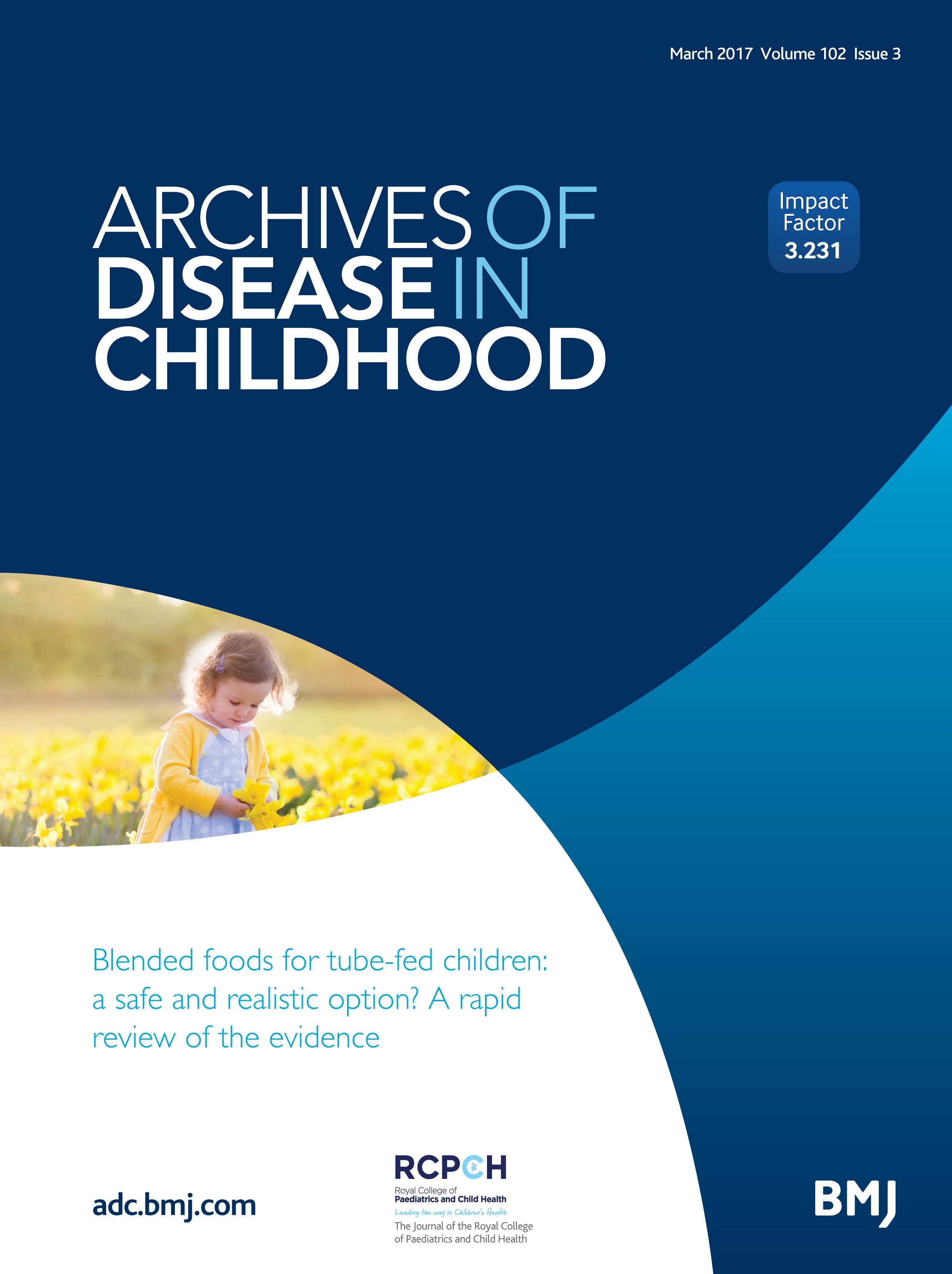
Mar 12, 2017
Græsholt-Knudsen T, Skovgaard AM, Jensen JS, et al. Archives of Disease in Childhood Published Online First: 30 January 2017. doi: 10.1136/archdischild-2016-311808
This large Danish study of over 1000 children with functional somatic symptoms at 5-7 years of age showed that although these symptoms might be perceived as normal and developmentally linked, they can have significant long-term implications, particularly with regard to individuals’ healthcare use. Underlying mechanis...
633
Mar 12, 2017
D’Agata AL, Sanders MR, Grasso DJ. Infant Mental Health (2017). DOI: 10.1002/imhj.21636
This paper proposes the term Infant Medical Trauma in the NICU (IMTN) to describe infants’ adverse experiences in neonatal intensive care units. The authors relate its development to critical developmental factors and make recommendations for supportive neuroprotective ways to moderate its intensity in clinical environments.
http://onlinelibrary.wiley.com/doi/10.1002/imhj.21636/abstract?campai...
634
Mar 11, 2017
Lieberman, A.F., Padron, E., Van Horn, P., & Harris W.W. Infant Mental Health Journal, 2005. Vol 26(6): 504-520
This paper by Alicia Lieberman explores a concept originally described by Selma Fraiberg in 1975 and used by infant mental health therapists today. 'Angels' refer to warmth and protection parents may have experienced from caregivers during their own infancy (the 'nursery') and how these feelings can be harnessed to help these parents foster loving relationships with their ch...
635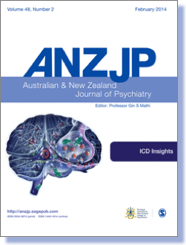
Mar 11, 2017
Hay P, Chinn D, Forbes D, Madden S, Newton R, Sugenor, Touyz S, Ward W. Aust N Z J Psychiatry November 2014. 48(11): 977-1008
The updated clinical practice guideline from the Royal Australian and New Zealand College of Psychiatrists identifies Family Based Therapy as the treatment of choice for young people with Anorexia Nervosa and individual psychological therapy (mainly Cognitive Behaviour Therapy (CBT)) for young people with Bulimia Nervosa and Binge Eating Disorder. The guideline als...
636
Mar 11, 2017
Lock J, La Via MC, AACAP Committee on Quality Issues. JAACAP. 2015; 54(5): 412–425
This practice parameter from the American Academy of Child and Adolescent Psychiatry offers an up-to-date summary of the evidence regarding the treatment of adolescent eating disorders.
http://www.jaacap.com/article/S0890-8567(15)00070-2/abstract?elsca1=etoc&elsca2=email&elsca3=0890-8567_201505_54_5_&
637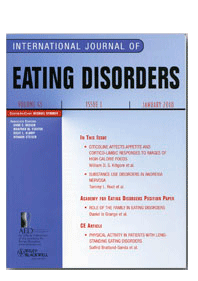
Mar 11, 2017
Madden S, Miskovic-Wheatley J, Wallis A...Touyz S.Int J Eat Disord. 2015 Nov;48(7):919-22
This Australian study showed that early weight gain of more than 1.8kg by session four of Family-Based Treatment (FBT) predicted a higher percentage of expected body weight (EBW) and remission at the end of treatment and at 12 month follow-up. Young people who do not achieve this rate of weight gain may need additional support to improve their long-term outcomes.
638
Mar 11, 2017
Mairs, R & Nicholls D. Arch Dis Child. Published Online on 28 June 2016.
This review paper summarises the current treatment of eating disorders in children and adolescents and includes a section on the new DSM 5 diagnosis ARFID (Avoidant Restrictive Food Intake Disorder).
http://adc.bmj.com/content/early/2016/07/05/archdischild-2015-309481.abstract
639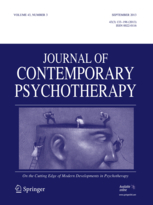
Mar 11, 2017
Fitzpatrick KK, Moye A, Hoste R, Lock J, le Grange D. Journal of Contemporary Psychotherapy. March 2010, Volume 40, Issue 1, pp 31-39
The article describes an individual treatment for adolescent Anorexia Nervosa called Adolescent Focused Therapy (FBT) and shows how it can help young people develop more constructive coping styles and improve self-efficacy by better managing negative emotions. It may be a suitable alternative to the current gold-standard Family Based Therapy (FBT).
http:...
640
Mar 11, 2017
le Grange D1, Lock J, Loeb K, Nicholls D. Int J Eat Disord. 2010 Jan;43(1):1-5
This position paper from the Academy for Eating Disorder describes common issues faced by families of young people who develop eating disorders and recommendations for offering better support to these families.
http://www.maudsleyparents.org/images/Role_of_Family.pdf








